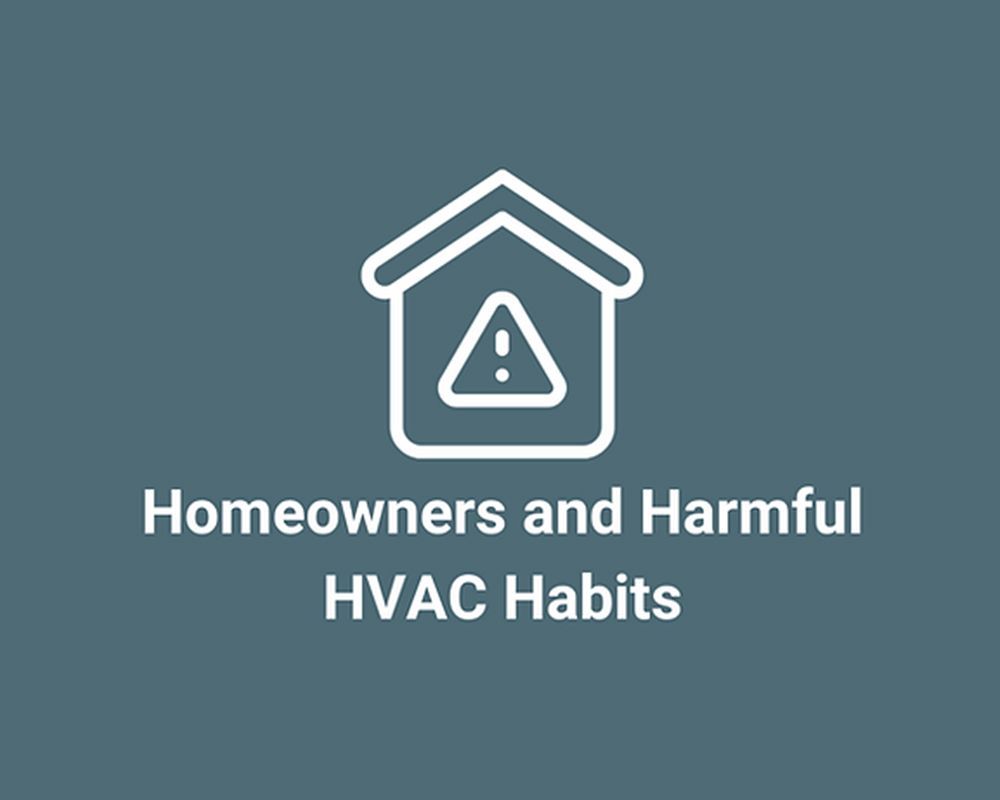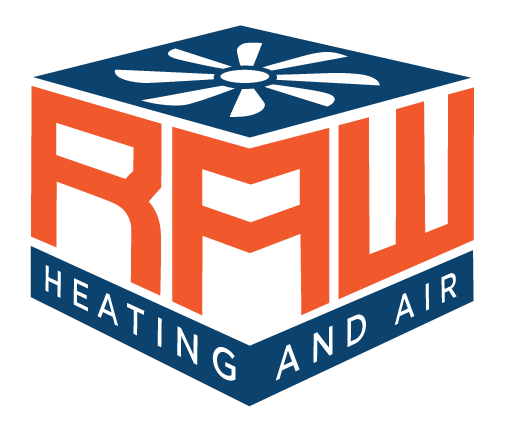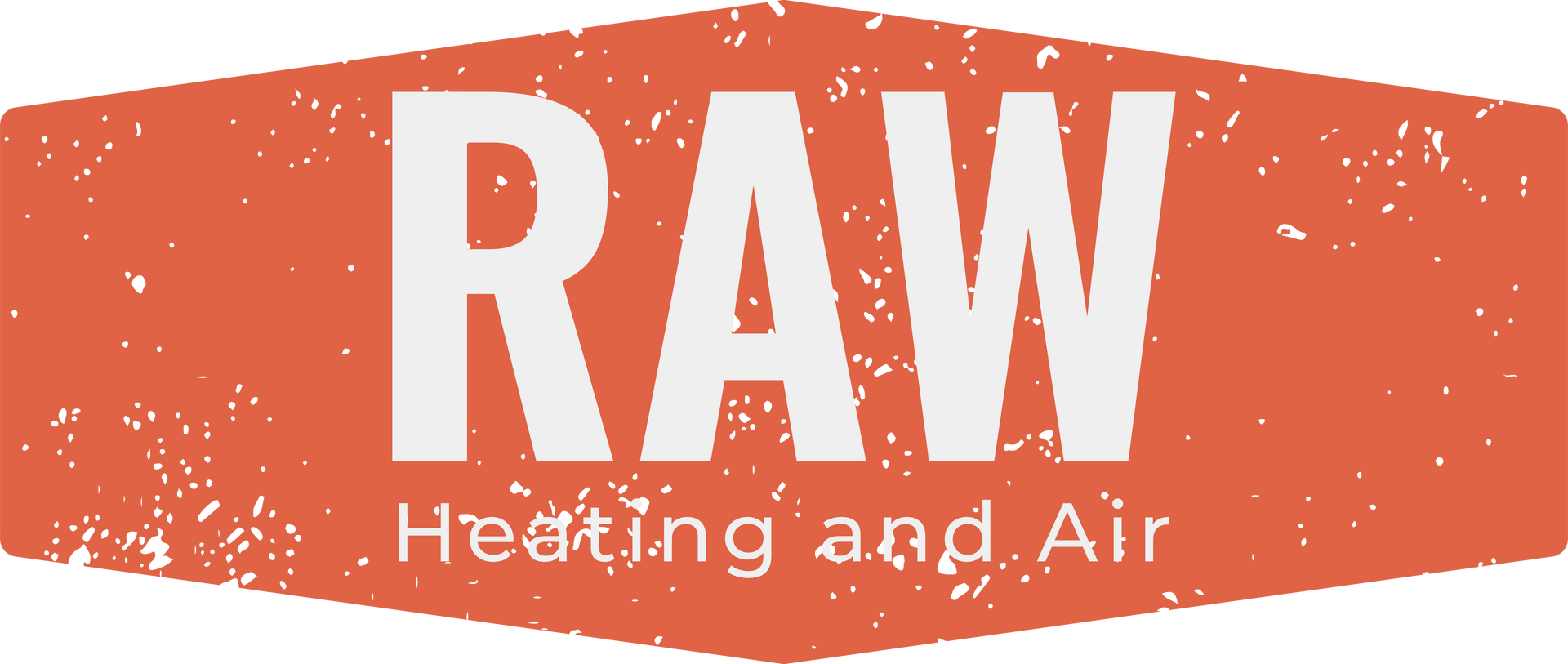
Your heating ventilation and air conditioning system is a complex network of various components throughout your home that all collectively come together to perform the function of keeping everyone in the home comfortable with a healthy supply of air. While HVAC systems vary widely in design, arrangement, size, and construction, they all require similar care and consideration from the homeowner to function at an optimal level.
Most articles when it comes to this topic are regarding all the things that an individual should do every so often to keep their HVAC in tip-top shape. However, it is also important to point out all of the things that you should not do in order to avoid compromising your HVAC system's everyday operations and longevity.
Some of the most simple habits that involve your HVAC system are not quite as harmless as you think...
Ignoring The Environment Around Your Outdoor Unit
Outdoor HVAC units are often the victims of the "out of sight, out of mind" mentality, because they are typically located on the side or back of the home. The unit is not something you see on an everyday basis and is easily forgotten about. Plants and vegetation have an opportunity to grow and colonize in the area surrounding the unit. Some individuals may feel that the unit is not exactly aesthetically pleasing, and opt to obstruct the outside view of the unit with fences, shrubs, and other plants. By ignoring growth or intentionally planting close to the unit, you are causing the system to suffocate. The outdoor unit needs a proper supply of constant airflow. Components of your HVAC unit will be forced to work much harder just to maintain air circulation into and throughout the network in the home.
An HVAC unit that is working overtime for too long can ultimately fail quicker then what its intended lifespan should be.
This mistake can be avoided by not planting too close to the unit, and regularly trimming away at any plants that impede into the two- to three-foot perimeter of the unit. Leaving this perimeter allows a healthy supply of air to the system, and also gives you the opportunity to obscure it simultaneously using a fence, plants, or other means. It is also important to ensure that any trees or tree branches that sit above the unit are in good shape, as they can cause damage if they fall onto it.
Another bad habit that may hurt the outdoor component of your HVAC system is allowing rainwater to freely run off the roof and onto the unit. The unit is designed to be able to withstand a reasonable amount of rain, but not a concentrated runoff stream from the roof. Ensuring that you have proper gutters in place and keeping them clear of debris can prevent damage from rain runoff.
Ignoring The Environment Around Your Indoor Unit
The same principles that apply to outdoor units apply indoors as well. Be sure to keep "stuff" away from your heating and cooling systems. Trust us, we know that attic space is extremely limited, but putting a few extra boxes on top of your attic furnace is not the answer. In addition to interfering with the proper air circulation around the unit, boxes and other large objects can fall - especially in case of an earthquake! This could result in a number of issues, including damage to the unit itself, or damage to the gas line that supplies fuel to the furnace. Not only is this excessively dangerous, but it also can impact the lifespan of your HVAC system.
In addition to the furnace and air conditioning units inside your home, there are usually a series of drain lines, ducting systems, and other HVAC components that need to remain in good working condition. Your air conditioner typically has two drain lines - a primary, and a secondary. These provide the route for moisture that is removed from the air to travel to an appropriate drain source. If the lines become broken or obstructed, you may wind up with a water leak and potentially serious water damage. While your ducting may not create as much risk for damage, a broken duct can let valuable hot or cold air escape, which will create an imbalance in your system and cause you HVAC unit to work harder and longer - impacting both the efficiency and lifespan of the system.
Closing or Obstructing Vents In The Home
You may notice that the air vents in your home have the ability to open or shut. It is a popular myth that closing such vents in parts of the home that are not being used for the short or long term can help save money and redirect the extra cool or warm air to other parts of the house that are being used. Some individuals may end up blocking vents unintentionally with bookshelves or other furniture. This mistake is especially common in homes that have vents installed in the floor.
Intentional or unintentional obstruction of air vents can cause several problems. Closing off vents causes the overall air pressure inside of the system and air ducts to increase. Most homes have several small leaks in the duct system. Under normal air pressure conditions, the small leaks are not usually problematic. However, the cooled or heated air will be pushed out of these small openings instead of into the home under the conditions of high pressure. The increased air pressure also causes the system to work harder while yielding the same results. The longer your HVAC works in overdrive, the more compromised it becomes in terms of its longevity. It is best that your HVAC system provides a balanced amount of cool or warm air throughout the amount of space that it was designed to operate for.
Micro-Managing The Thermostat
This habit may be the most common and the most harmful of them all. If it is not best to adjust the thermostat regularly, then why is it adjustable? Most individuals think that the best way to keep the house cool is to keep lowering the thermostat temperature, thinking it will get cooler faster. Once it gets cold enough, they go and raise the temperature up a few degrees to where it is comfortable. Slowly it gets warm in the home again and the cycle is repeated. What most do not realize is how destructive this is to their HVAC unit. Similar to how it takes more gas to start an automobile up then it does to drive it, an HVAC unit uses the most energy and does the most work when it starts up. Micro-managing your thermostat like a floor supervisor will only trigger it to go through the cycle of turning on and off more frequently. The HVAC does not work any faster to heat or cool the home when the thermostat is set to an excessively warm or cool temperature, it just runs for a longer duration than it needs to. HVAC systems are automated to an extent nowadays and are designed to operate most efficiently with that mechanism.
By being aware of and avoiding these bad habits when it comes to your HVAC system in your home, you can avoid incurring extra costs in repairs or replacements. If you are careful not to overwork your HVAC system regularly and have routine maintenance performed, it should fully live to or exceed its expected lifespan.
RAW Heating & Air provides HVAC installation, repair and maintenance services throughout San Diego County.
Contact us today for a free home assessment and quote.




